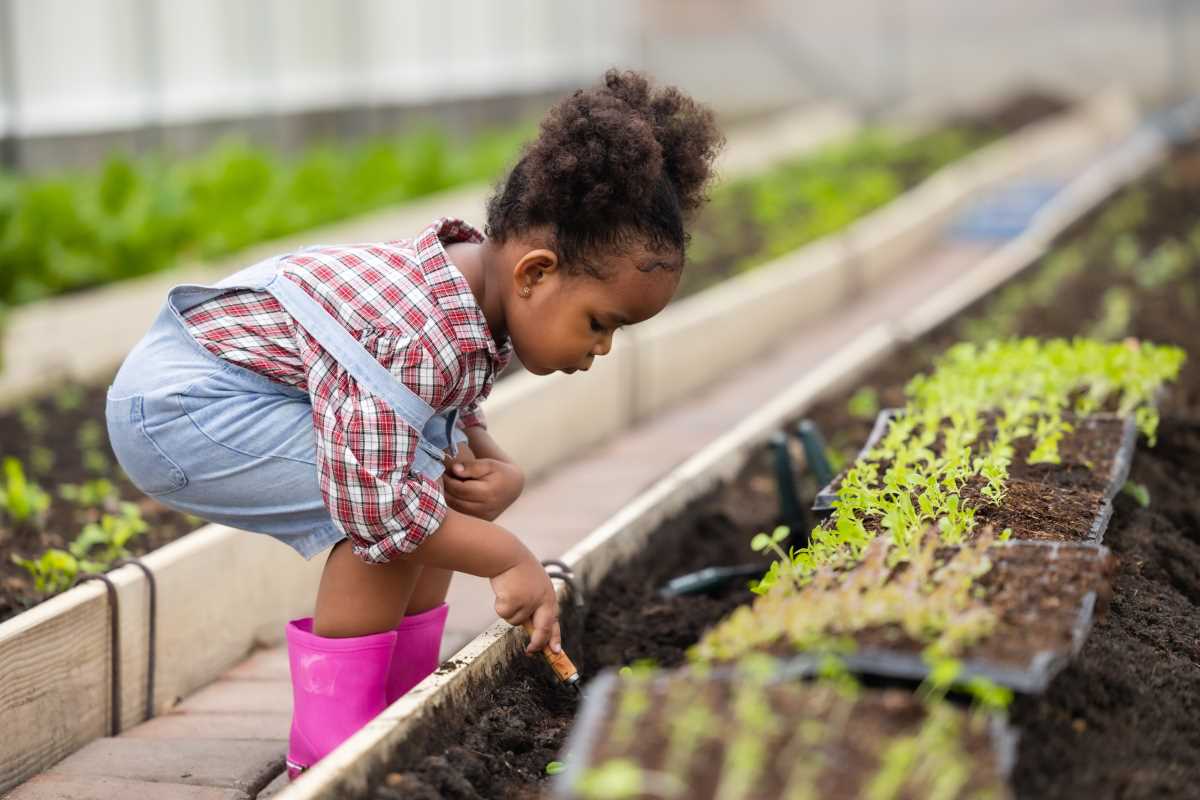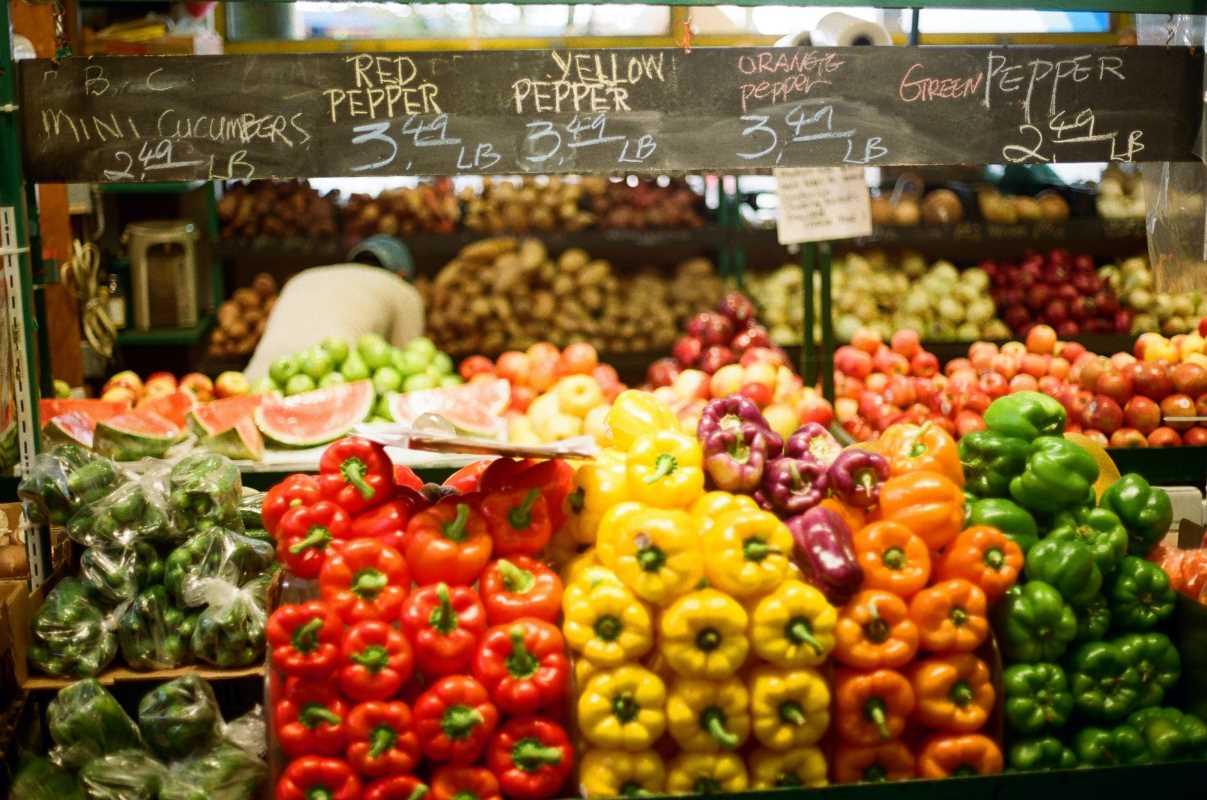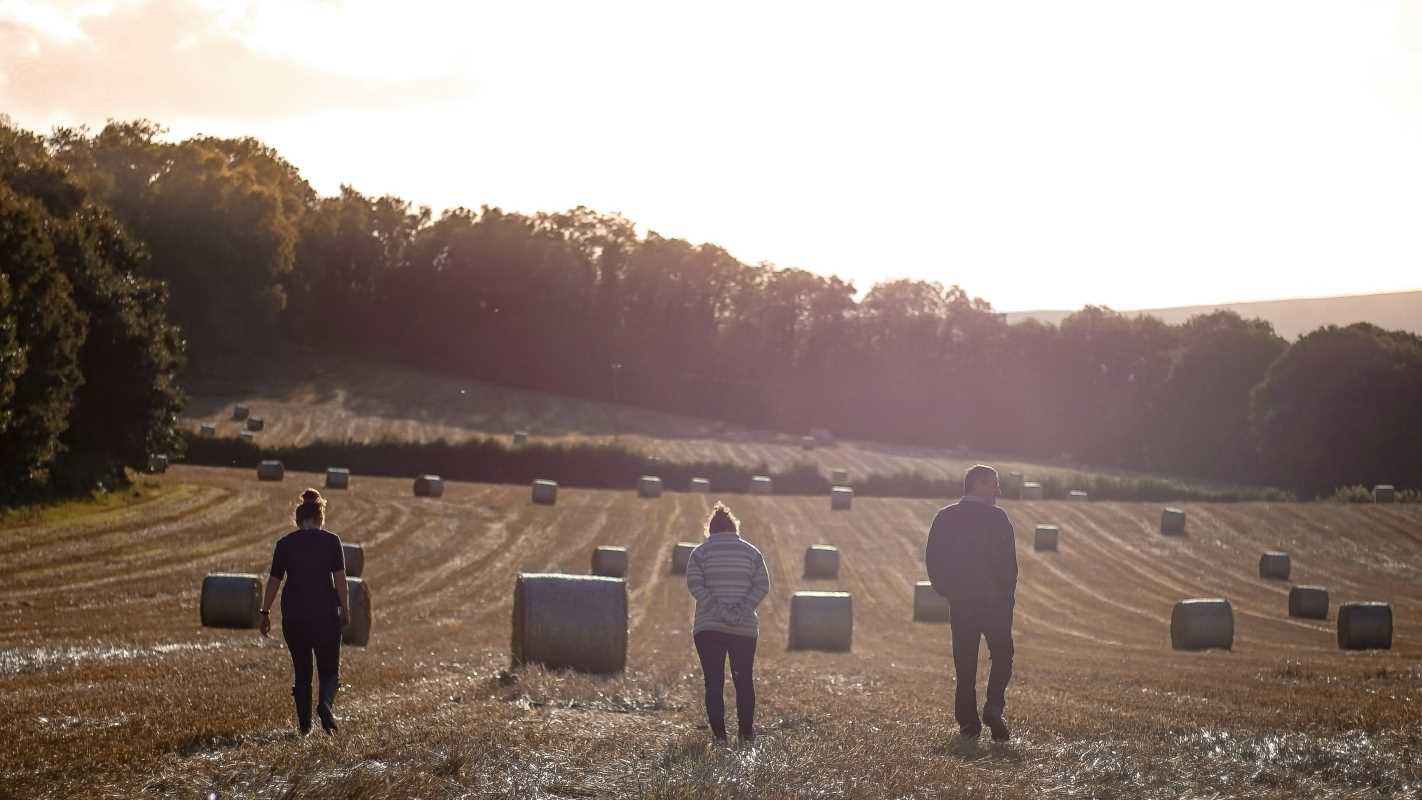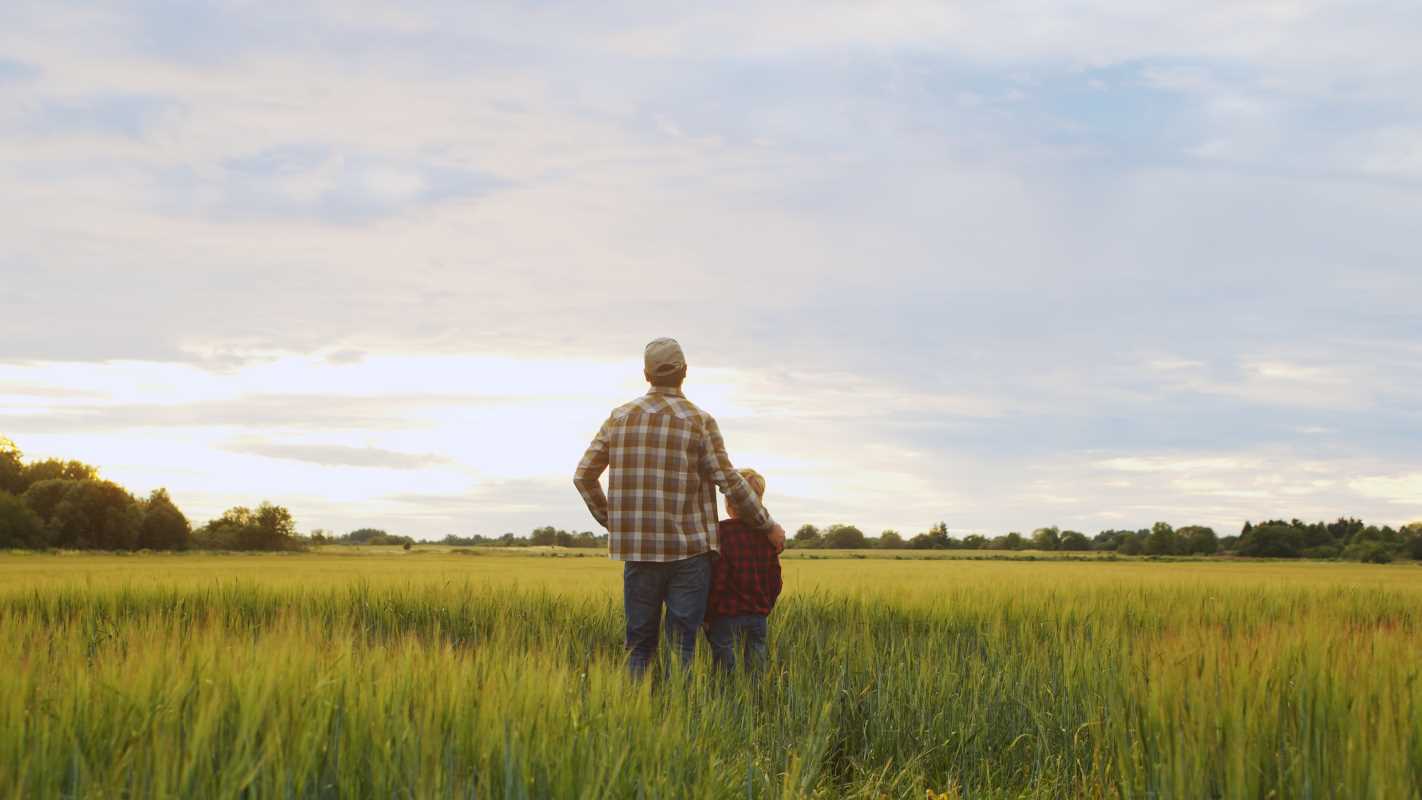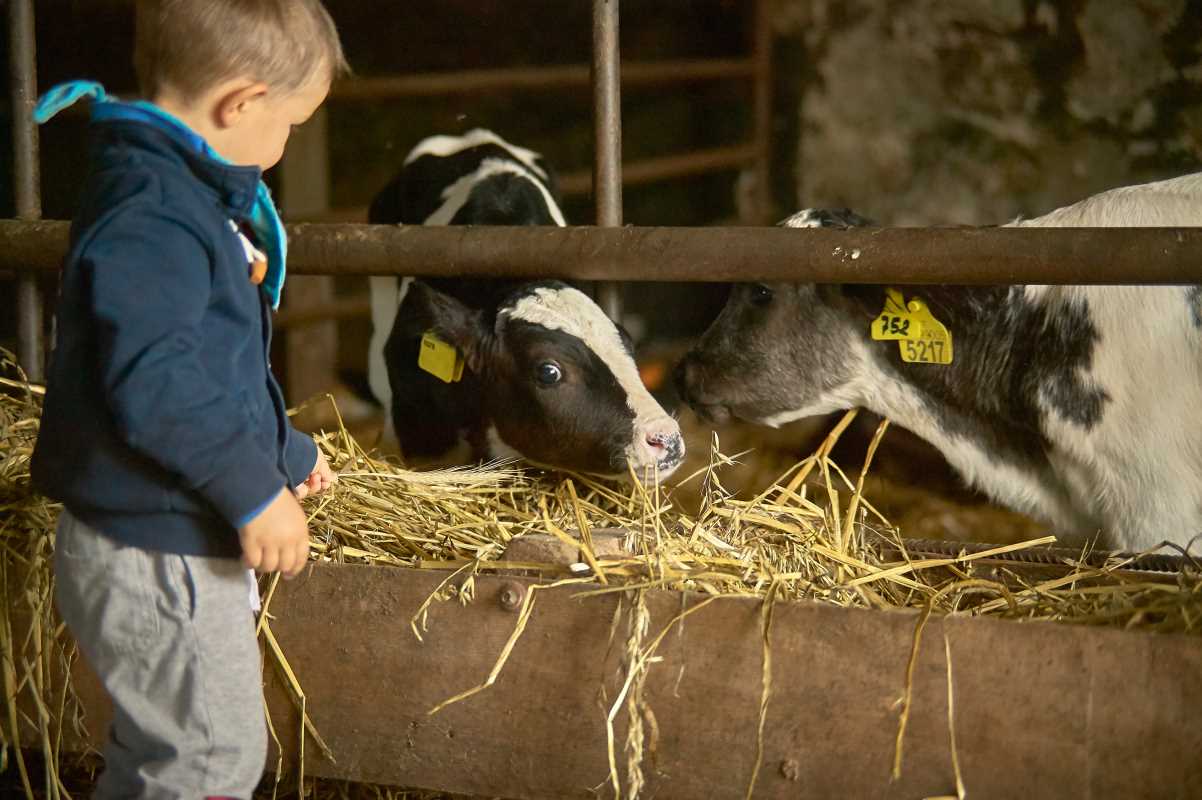Many farm gatherings focus on traditional crop plots and familiar tools, but bringing soil health concepts into well-planned workshops can create more engaging experiences. When people join these sessions, they do more than listen—they experiment, collaborate, and gain a deeper appreciation for land, water, and the connections that strengthen their communities. Well-designed workshops encourage everyone to question old habits and adopt new, purposeful approaches to farming. This article takes a closer look at ways to blend regenerative farming into workshop activities, offering fresh ideas and practical steps that inspire lasting change both in mindset and in the field.
Turning Soil into Workshop Lessons: New Views
- Think of soil as a living curriculum, where each test plot teaches microbial diversity and moisture management.
- Use workshops as communal experiments, inviting shared observations on plant health and residue cycles.
- Present cover crops as seasonal stories, showing how living mulches breathe new life into tired fields.
- Plan erosion control not just as prevention but as a dynamic demonstration of landscape artistry.
- Turn compost piles into focal points of discovery, revealing hidden nutrient pathways and textures.
Stories that Inspire Creativity
Every workshop benefits from a story that connects soil functions to real-world impacts on farm productivity and water balance. Share stories of simple tweaks—like gently sloping swales capturing each raindrop—to show how small design changes produce significant benefits. These stories bridge the gap between technical jargon and farm life, showing participants that regenerative farming isn’t just an abstract ideal but a set of tangible practices they can test immediately.
Mix hands-on stories with traditional farming lore to spark curiosity. Invite attendees to imagine how a rye windbreaks whisper secrets of shelterbelts, then guide them to test wind speeds around planted strips.
Practical Workshop Ideas for Regenerative Farming
- Keyline Design Workshop (Land Management Category)
- Focus: Terrain mapping and contour-bounded plowing to spread surface water evenly.
- Activities: Live demo on plowing along contours.
- Cost: ~ $150 per person (equipment rental).
- Insider tip: Build simple A-frame levels on site to draft slope profiles and get instant terrain feedback.
- Compost Microbe Lab Day (Soil Health Program)
- Focus: Cultivating bacterial and fungal populations from farm wastes.
- Activities: Bed comparisons tracking temperature and oxygen levels.
- Cost: Attendance fee often includes lab kits (~ $50).
- Insider tip: Stockpile shredded cardboard to balance carbon and speed thermal peaks.
- Cover Crop Carnival (Seasonal Planting Category)
- Focus: Observing biomass diversity with multi-species seed blends.
- Activities: Split-field trials and seed-counting germination demos.
- Cost: Seed packets < $30 per blend.
- Insider tip: Use biodegradable flags to mark zones and revisit patterns after heavy rains.
- Swale and Berm Trek (Water Management Series)
- Focus: Carving swales and measuring runoff control.
- Activities: Live water diversion experiment during a simulated downpour.
- Cost: Low; hand tools or mini-excavator rentals.
- Insider tip: Weigh sediment deposits with a portable scale to measure soil trapped by swales.
- Agroforestry Alley Walk (Tree Integration Track)
- Focus: Interplanting timber strips to study shade tolerance and root competition.
- Activities: Hands-on grafting session with local fruit varieties.
- Cost: Minimal if sourcing local volunteer saplings.
- Insider tip: Plant rows north-south to balance sun exposure and reveal microclimate effects.
- Rainwater Harvest Build (Infrastructure Workshop)
- Focus: Installing gutter and barrel systems for irrigation.
- Activities: Plumbing demo for gravity-fed drip systems.
- Cost: ~ $80 for a basic kit.
- Insider tip: Angle barrel outlets upward to prevent sediment clogging using a simple DIY filter sock.
Integrate Regenerative Themes into Every Session
- Start with a soil tasting exercise: feel texture differences, gauge aroma changes, and let participants guess organic matter levels.
- Rotate small group stations that include compost thermometers, moisture meters, and infiltration tests, giving each participant tactile experience.
- Embed peer-led reflection circles, asking learners to share one observation and one question about how design tweaks might change water or crop yields.
- Praise creative trial setups—like testing a micro swale in a plastic trough—to encourage low-cost, low-risk experimentation before scaling up.
- Finish sessions with action maps: each attendee drafts one modification for their land, pairing that plan with immediate next steps to maintain momentum.
Workshops grounded in real soil experiments and clear design practices equip participants to test and share regenerative farming techniques in their own landscapes.
 (Image via
(Image via